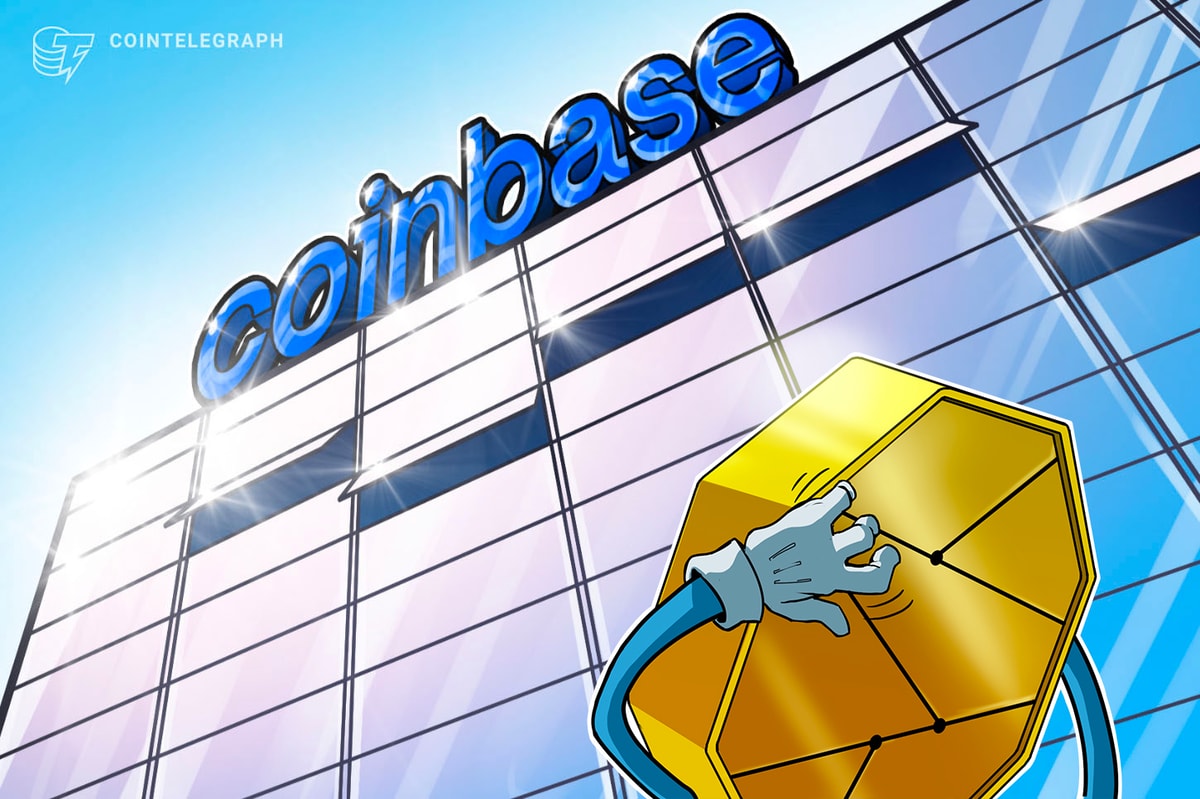Though it is beginning to recede in memory, the bear market of 2022 dealt a major blow to public confidence in blockchain technology’s potential for practical use and mass adoption. The collapse of blockchain platform, Terra, and the dissolution of crypto hedge fund, Three Arrows Capital and global exchange, FTX, damaged the financial well-being and reputation of the entire ecosystem.
Nonetheless, during these challenging times, projects with real substance and use cases have continued to build and develop, and Web2 giants, such as Amazon and Mastercard, have been quietly establishing key infrastructure and partnerships in the space. As 2023 progresses, we are seeing new ideas and approaches begin to truly flourish.
While novelty and exploration marked the rise of crypto in 2020 and 2021, the next great wave will likely be focused on sustainable solutions to real-world problems and could feature tighter connections to traditional companies, who have now become more established and connected in Web3. That’s why the content creator economy, with its highly developed Web2 infrastructure, presents one of the most promising and lucrative areas of interest for blockchain developers, users and investors.
It may not be long before you can purchase tokens that grant you revenue rights to your favorite YouTube channel, film company or video game, or gain special, exclusive access to the artists and musicians you love. Web3 promises to enhance and deepen all aspects of our media experiences.
Web3 meets YouTube
For any content creator, seeking to elevate their brand, discover new streams of revenue or connect with fans on a deeper level, decentralized digital assets serve as a powerful and versatile tool. Tokenization can benefit creators of all kinds: vloggers, songwriters, comedians and indie game designers. There are a dizzying number of applications across the entire field of entertainment.
An early example of the Web3 content creator economy, Brave Browser, released in 2016, was one of the first web platforms to use blockchain technology, offering users security, privacy and financial incentives. Brave rewards both users and creators in its native BAT (Basic Attention Token), and even has a creator grant program, funded by its User Growth Pool. The structure of the platform brings creators and fans closer together and supports and sustains emerging, high-quality content.
In the years since, established Web2 companies — across a wide range of sectors — have become increasingly interested in the promise and potential of Web3. Gucci and Prada have set up shop in the metaverse, and Starbucks’ Odyssey NFT program has brought renewed attention to the coffee giant.
AIR Media-Tech enters Web3 with Royalty
In today’s content creation industry, AIR Media-Tech, a YouTube partner and third largest content creator marketing agency worldwide, is breaking new ground with a new Web3 venture: Royalty.
Join the community where you can transform the future. Cointelegraph Innovation Circle brings blockchain technology leaders together to connect, collaborate and publish. Apply today
The Royalty platform enables content creators to quickly and easily fundraise directly from their fans, allowing rising creators to reinvest in their own channels and rewarding fans for their loyalty and support. Royalty utilizes blockchain technology to give fans autonomy over their digital property, transforming them into active participants in their favorite creators’ journeys.
Companies that already have a foothold in an industry are more easily able to devote resources to blockchain development and integrations. Furthermore, fundraising, especially in a bear market, can present a major challenge for startups. If sufficient funds are not raised for the long term, a young company may stall or shut down when they run into technical challenges or marketing hurdles.
Web3 crowdfunding goes to the movies
Despite the popularity of social media, movies still capture the popular imagination and can rake in outsized profits. Tokenization will doubtless play a significant role in the funding of movies and series going forward, and a few entrepreneurs are already exploring this promising new application of Web3 technology.
Coinrunners is one of the first movies to use tokenization to enable the production of a fully fan-funded feature film. Holders of any of the 15,000 Coinrunners NFTs will be de facto movie producers, enjoying real royalty rights, tied to movie revenue.
The flexibility, immutability and transferability of NFTs make them an effective vehicle for crowdfunding, art collection and fan perks.Tokenization allows for the amplification of organic growth and can lead to greater support for popular and niche film projects. To aspiring filmmakers, an established following and track record are an enormous boon — this has been the case for many notable NFT artists. However, a compelling concept, trending topic or subculture connection can sometimes be enough to raise a modest budget.
The enormous market for blockchain gaming
Play-to-earn gaming was a major force in the previous crypto cycle. Leading blockchain game, Axie Infinity, peaked at a market cap just short of $10 billion, with close to 2.8 million users playing the game in January 2022. Axie Infinity has a turn-based combat model that rewards players in native Smooth Love Potion (SLP) tokens. The game utilizes NFT characters that integrate with gameplay cards and took inspiration from Pokemon, Tamagotchi and CryptoKitties.
The newer blockchain initiative, Illuvium, is a AAA game that combines fantasy combat, open-world gameplay and decentralized finance. Illuvium was conceived of as a truly decentralized organization, redistributing all game revenue back to stakeholders.
A top-tier Web3 game (much like its traditional equivalent) may require millions of dollars and years to reach full development. However, a game needn’t be complex to attract a sizable user base. Existing gaming companies can incorporate blockchain features (token or NFT rewards) into their current games. In addition, as another approach, companies of many kinds may benefit from buying advertising in popular metaverse and gaming worlds.
Web3 content creation across genres and mediums
Blockchain projects continue to innovate and experiment in a number of industries and formats. Content creation, film and gaming are all seeing new Web3 entrants. As Web2 companies pick up steam, it will be a race to see whether a Web3 company can become the next Netflix, or if Netflix will be the one to dominate Web3.
Former CMO at a number of L1 blockchain projects. He is currently a Columbia University Lab to Market Blockchain Accelerator Advisor.
This article was published through Cointelegraph Innovation Circle, a vetted organization of senior executives and experts in the blockchain technology industry who are building the future through the power of connections, collaboration and thought leadership. Opinions expressed do not necessarily reflect those of Cointelegraph.
Learn more about Cointelegraph Innovation Circle and see if you qualify to join











